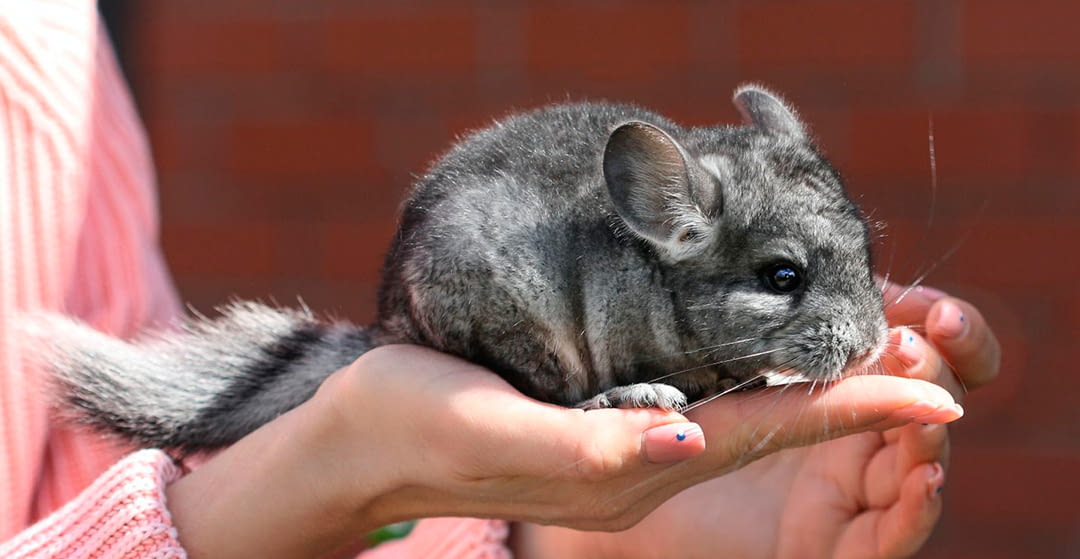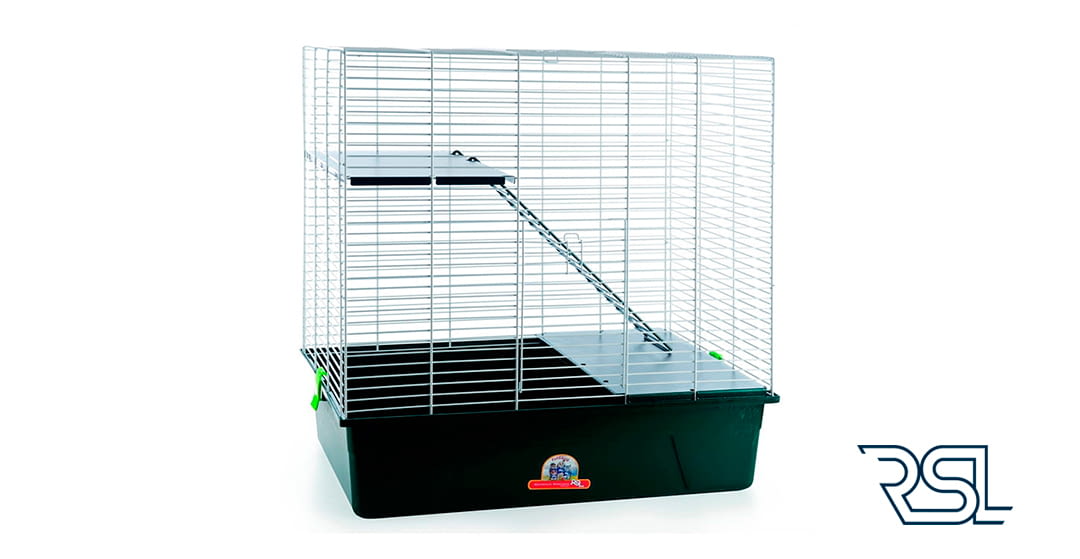
Domestic chinchillas are hybrid rodents of two wild species (Chinchilla lanigera and Chinchilla Chinchilla) and are an excellent option as pets, since they are quite peaceful rodents. I am sure that many of your clients have chosen this option as a pet.
Below we show the basic information to know about its characteristics and care.
MAIN CHARACTERISTICS
They are rodents native to the mountainous regions of South America, specifically the Andes of Chile, Bolivia, Peru and Argentina.
Chinchillas are very sociable pets, especially when they gain confidence, and they like to live in a community, but new individuals must be introduced correctly to avoid fights.
They are very intelligent and quickly recognize their human, their way of showing how they feel is through squeals and little bites of affection.
But beware of strangers! They do not like to be manipulated by anyone, in these cases they get very nervous and shed a lot of hair from stress. They have to try to avoid those bad times.
They have a life expectancy of 10 to 15 years, making them long-lived pets.
They are nocturnal animals with a tendency to be more active at night and have great agility to jump (up to 1.8 meters high) and climb.
Their fur is very dense and soft, with approximately 60 hairs per follicle, making them resistant to parasites and allowing them to live in high-altitude areas with cold temperatures.
BASIC CARE
Cage:
Chinchillas need a large and safe space to live. The cage must be large enough for them to move, jump and climb.
A cage with metal bars is recommended as chinchillas can chew through plastic. It is important that the cage has several platforms and toys to keep them active and entertained.
The place to locate the cage must be away from drafts and dry as much as possible protected from changes in temperature, since they are quite sensitive to heat stroke.

Temperature and humidity:
As we have just pointed out, they are sensitive to heat and humidity. They feel comfortable in temperatures between 15°C and 23°C.
If it's too hot, you can provide them with a cool rock or frozen water bottle to lie on to cool down. Humidity should be kept low, as they are prone to respiratory problems.
Cleanliness:
Chinchillas are very clean animals and they groom themselves regularly. You can provide them with special bath sand for chinchillas, ( SEE KIKI BATH SAND ) that helps them keep their fur clean and free of grease.
Bathing sand should be offered in a shallow tub on a regular basis.
Activity and exercise:
Chinchillas are very active and need daily exercise so it is important to provide them with toys, exercise wheels, and the opportunity to explore safe areas outside of the cage under supervision.
FEEDING
Chinchillas are herbivorous animals and their diet consists mainly of good quality hay.
Hay provides the necessary fiber for good digestive health. You can also offer chinchilla-specific pellets, but these should be low in fat and sugar. ( SEE CHINCHILLAS FOOD KIKI MAX MENU ).
Also, small amounts of fresh vegetables like spinach leaves, carrots, and apples can be added as occasional treats. It is important to avoid foods high in sugar and fat, as well as foods that are toxic to them, such as chocolate and onions.



